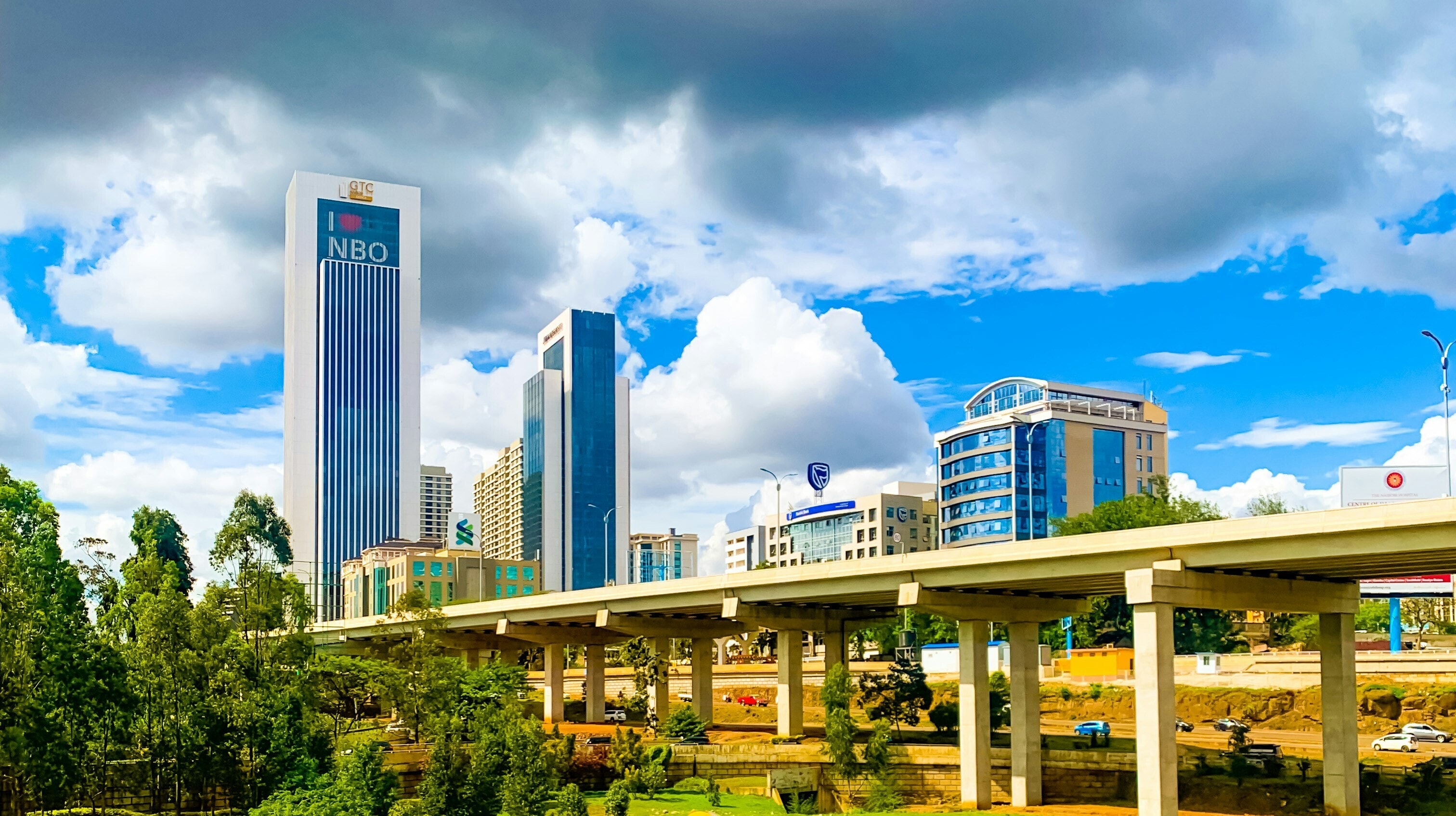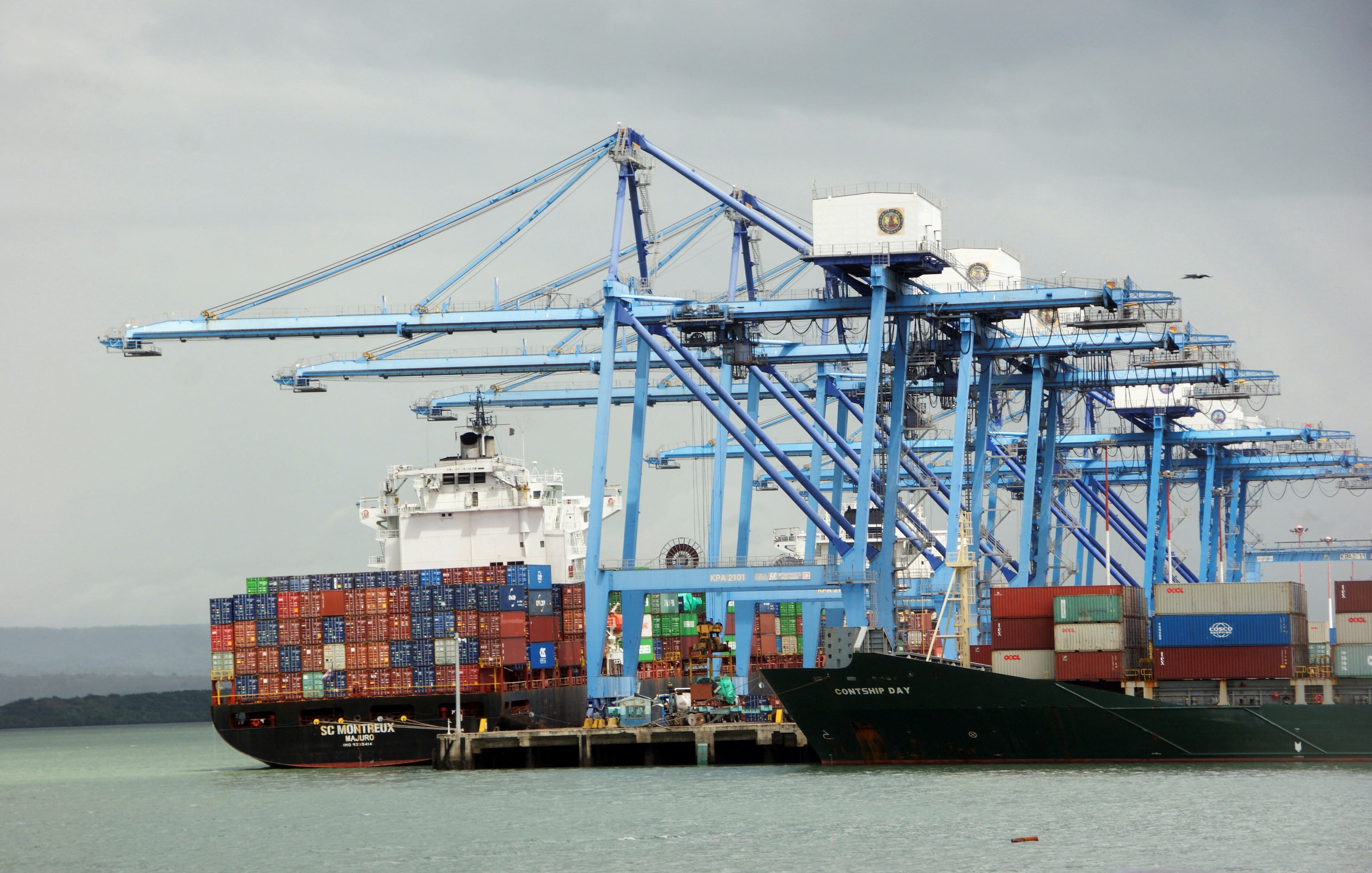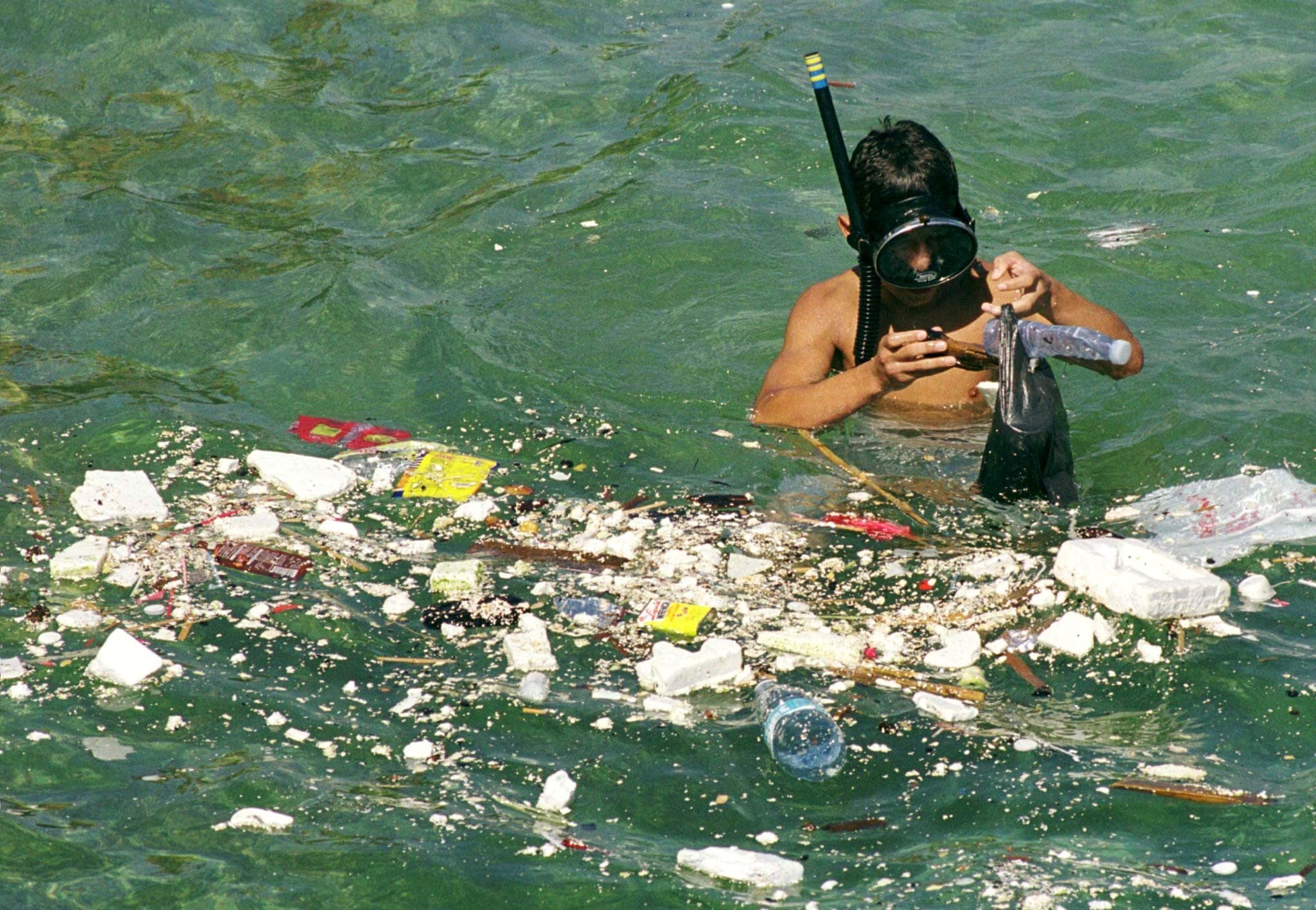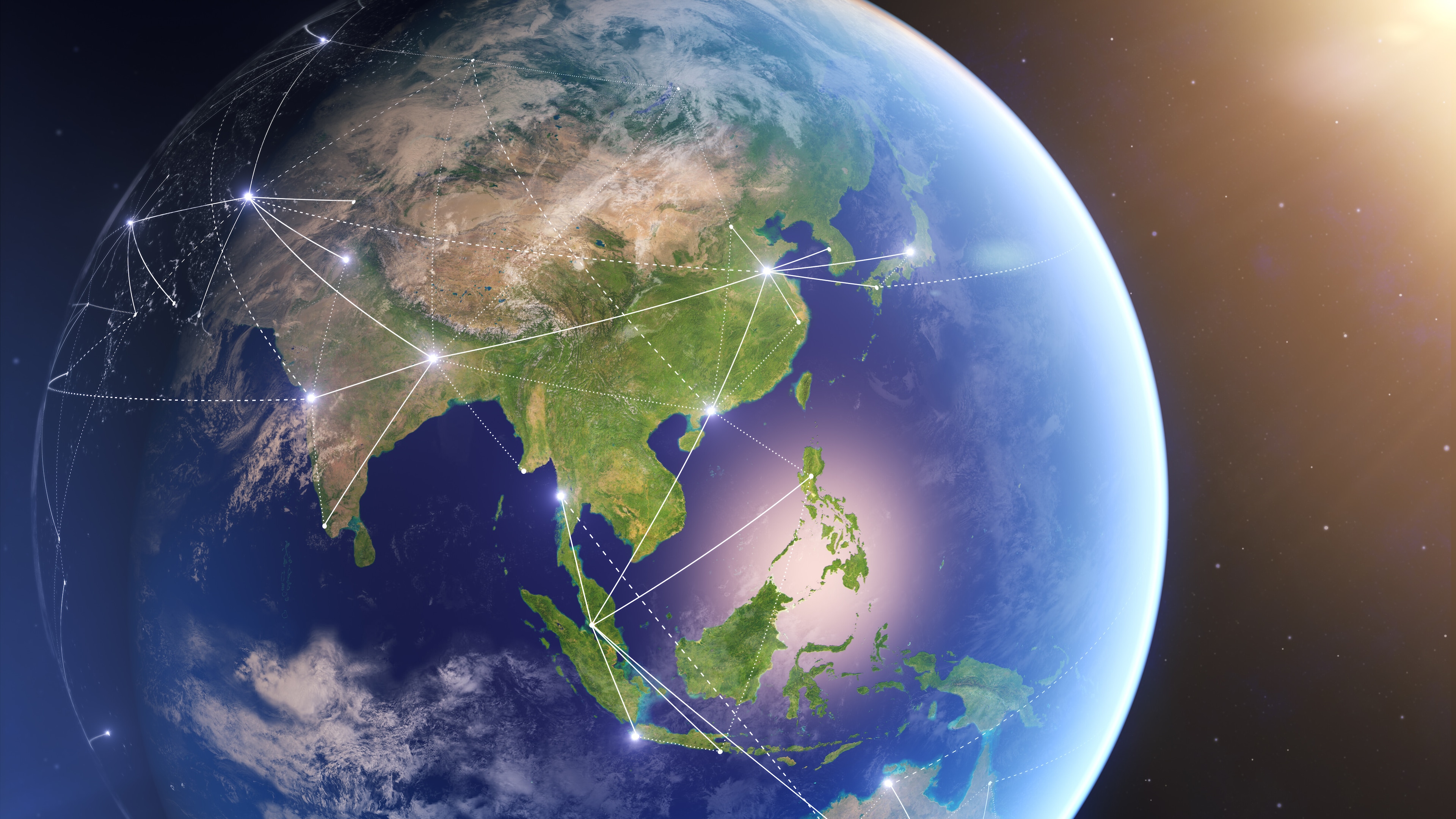How can the tourism industry overcome disasters?

Stay up to date:
Logistics
We are in an era of unprecedented global integration. Technology and innovations have revolutionized the way we think of the world, how we communicate, travel and share information. In many ways, hyperconnectivity has made today’s traveller believe in the possibility of a borderless world.
Yet the world is facing growing instability. From geopolitical tensions to the threat of ISIS and the fear of the spread of pandemics, such as MERS and Ebola, security is now top of mind. Just in the past two weeks, we have watched with horror the news of the terrorist attacks in Paris, Beirut and Garissa University in Kenya.
What is very concerning is that countries could decide to close their borders to protect themselves – which fundamentally is unsustainable. Rather, we need to think about how we can enhance security and collaboration between nations to ensure society is safe and secure.
But what does this mean for the travel and tourism industry? This is an industry whose success is entirely dependent on the ability of people to travel. Although you may think that travel and tourism is “just for fun”, it is not. The sector accounts for 9.8% of global GDP, supports 277 million jobs around the world and represents 6% of global exports. What’s more, the industry has potential for further growth, with the current 1.1 billion international tourist arrivals set to reach 1.8 billion by 2030.
Disasters, whether natural disasters, political instability, pandemics or even terrorism, have a clear impact on the industry. Indeed, the first thing people do when there is a security shock is cancel their trips out of fear. What this implies, however, is high economic costs for the destination. For instance:
- In 2009, cases of H1N1 led to $5 billion of losses for the Mexican tourism industry.
- The Arab Spring and unrest before and after President Mubarak’s presidency in 2011 saw tourist arrivals in Egypt go from 14 million in 2010 to 10.2 million in 2011. In 2013, the overthrow of President Morsi once again led to a decline in tourist arrivals from 11.5 million in 2012 to 9.5 million in 2013.
- The earthquake in Nepal in 2015 led to 80% cancellations of hotel reservations in the months that followed, and an estimated 45,000 tourists left the country.
Given the impact of these events in terms of lives lost, damaged infrastructure and economic loss, it is clear that society must tackle these challenges head on. While every shock is different, what trends seem to reveal in terms of the travel and tourism industry is that destinations do bounce back in the medium to long term. How quickly they recover, however, depends on the country’s ability to manage the crisis both from a security and a PR perspective. Rather than managing crises in a reactive way, we should consider ways to be more proactive and look at how to implement the right measures to avoid them. This presents great opportunities for the industry and policy-makers to develop solutions to enhance security while enabling seamless travel.
To do this, we should not only enhance the current framework in which we operate, but also come up with innovative solutions and new models for travel. Within the current travel framework, we could implement comprehensive technologically enabled solutions to enhance security and efficiency, ranging from re-envisioning the future of checkpoints and border controls to the improvement of data analytics tools and the application of e-visas, regional visa agreements and the expansion of trusted traveller programmes.
Thinking beyond the current framework, leaders should consider the development of a new framework for global travellers, given the increasing consumption of international travel, but also the clear need to reconsider risk through a collaborative and cross-border approach.
Indeed, while travel has become a way of life for people across the globe, current frameworks often assess risk levels on the basis of an individual’s nationality. The concept of “global access” or a global trusted traveller programme should be developed as a tool to enhance security and be the catalyst to shift our system verifying eligibility to travel from “country of origin” to an individual-based system facilitated by global cooperation. Such a system would enable “low risk” passengers to travel in an expedited way across borders, while enhancing global security standards through better inter-governmental cooperation.
The mounting security concerns which have plagued society clearly show the need to reassess how we manage the movement of people. While the solution is not to close borders and reverse many of the positive developments of the past decade, we need to think together about how we can keep enabling society to experience the wonders of travel in a safe and secure environment.
Author: Tiffany Misrahi, Community Lead, Travel & Tourism Industries, World Economic Forum
Image: Tourists enjoy the sunny weather in front of the Eiffel tower in Paris, March 14, 2014. REUTERS/Charles Platiau
Don't miss any update on this topic
Create a free account and access your personalized content collection with our latest publications and analyses.
License and Republishing
World Economic Forum articles may be republished in accordance with the Creative Commons Attribution-NonCommercial-NoDerivatives 4.0 International Public License, and in accordance with our Terms of Use.
The views expressed in this article are those of the author alone and not the World Economic Forum.
Related topics:
Forum Stories newsletter
Bringing you weekly curated insights and analysis on the global issues that matter.
More on Global CooperationSee all
Nii Simmonds and David Timis
August 18, 2025
Natalie Pierce
August 12, 2025
JJ Enoch
August 6, 2025
Eric Holst
August 4, 2025
Catherine Chevauché
August 4, 2025
Li Dongsheng
July 31, 2025





